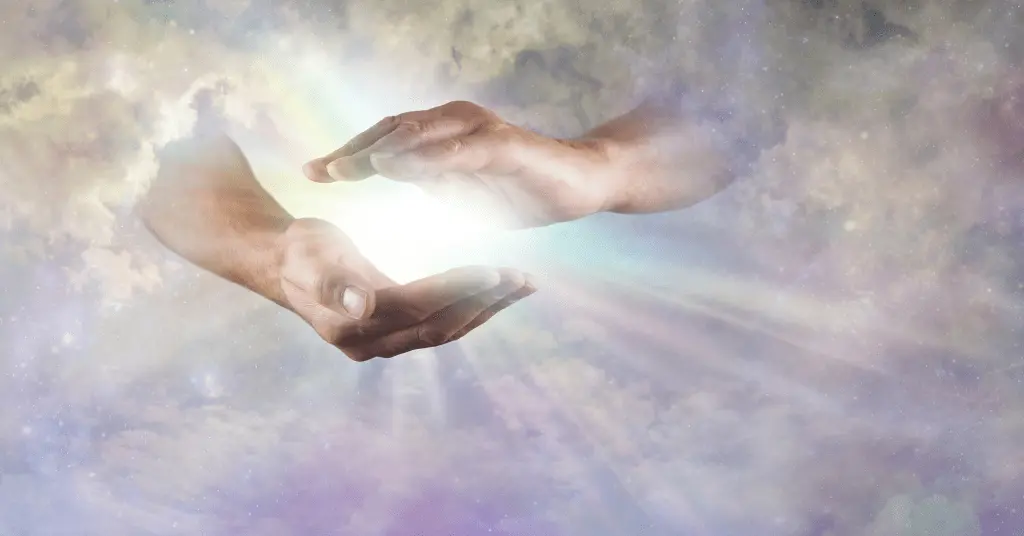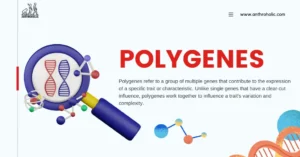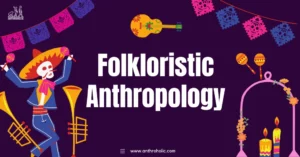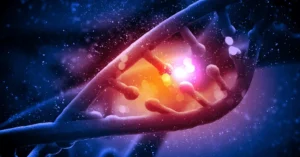AI Answer Evaluation Platform Live Now. Try Free Answer Evaluation Now
Theory of Special Creation or Divine Creation
The theory of special creation is believed most by all the religions. It states that life was created by the divine being or by the transcendental being or the creator i.e. GOD.

This theory of special creation is also known as the theory of divine creation which was put forward by Father Suarez. The theory has no scientific reason in it. It was widely accepted until the arrival of Darwinism which is considered as the first systematic statement of Evolutionism.
According to Father Suarez, life on Earth was created in just six days. Since the beginning of time, the diversity of organisms has remained constant. According to the theory of special creation, the diversity of life forms will not change in the future (Smith and Szathmáry, 1999).
Early in the 20th century, the USA outlawed the teaching of evolution because it was in direct opposition to the theory of special creation, which was regarded as the revealed truth. The outcome was the well-known Scopes Trial (also referred to as the Monkey Trial) of 1925, in which a high school instructor named John Scopes was wrongfully found guilty for promoting evolutionism (Britannica, 2023).
Presumptions in the Theory of Special Creation
- All life forms were created at the same time and are unrelated to one another.
- They were created in their current state, i.e. they have not undergone any changes. There has been virtually no evolution.
- Their bodies and organs are designed to meet the needs of the environment completely, i.e. no adaptation.
Biblical Basis of Theory of Special Creation
The Book of Genesis provides the foundation for the theory of divine creation. There, it is stated that God created the universe and all living things in it in six days and then placed Adam and Eve in the Garden of Eden.

Different views in the theory of special creation
- Young Earth creationism: No macroevolution and directly made by God.
- Gap creation: Directly made by God; macroevolution is not present.
- Progressive creation: Direct creation by God; There was evolution, but there isn’t a single shared ancestor.
- Intelligent design: This theory is pseudoscience. Active action is occasionally necessary (Pennock, 2001).
- Theistic evolution: It believed that evolution occurred from primates.
Criticism of Theory of Special Creation/ Divine Creation
- There is no scientific rationality in it.
- It only had religious beliefs related to the theory.
- Organisms were created by a transcendental or supernatural power, which was impracticable to prove.
- The concept of the special creation theory was not accepted by all.
- The age of fossils found were of different time frame which demonstrates the evolution occurs at various epochal times.
Different accreditations in different religions related to theory of special or divine creation
- Hindu conception: It is believed that the entire world and its organisms are created by Lord Brahma who is considered as the creator in Hinduism.
- Christian conception: God created the world and its organisms in six days. All the organisms were created at once. The organisms which were created exist till today.
- Islamic conception: Islam has its own school of theistic evolutionism which believes that the origin of the universe is supported by the Quran.
- Buddhism: They reject the concept of creation of the world by a supreme entity.
Conclusion
As the theory of special creation or the theory of divine creation was purely religion based which lacked scientific backing and the supporters were not able to prove the laws, it was out rightly rejected. Theories like Darwinism paved their way in and helped in better understanding of the process of evolution which was highly surrounded by religion.
References
- Aulie, R. P. (1983). Evolution and Special Creation: Historical Aspects of the Controversy. Proceedings of the American Philosophical Society, 127(6), 418–462. http://www.jstor.org/stable/986316 . Accessed on 03 March 2023.
- Britannica, T. Editors of Encyclopaedia (2023, January 26). Creationism. Encyclopedia Britannica. https://www.britannica.com/topic/creationism . Accessed on 03 March 2023.
- Gish, D. T. (1973). Creation, Evolution, and the Historical Evidence. The American Biology Teacher, 35(3), 132–140. https://doi.org/10.2307/4444262 . Accessed on 03 March 2023.
- Gish, D. T., Mayr, E., & Mayer, W. V. (1971). Evolution vs. Special Creation. The American Biology Teacher, 33(1), 49–51. https://doi.org/10.2307/4443290 . Accessed on 03 March 2023.
- Park Hee – Joo. (2001).The Creation – Evolution Debate: Carving Creationism in the Public Mind. IOP Publishing LTD. Public Understanding of Science; 10. https://iopscience.iop.org/article/10.1088/0963-6625/10/2/302/meta . Accessed on 03 March 2023.
- Pennock Robert. (2001). Intelligent Design Creationism and its Critics: Philosophical, Theological and Scientific Perspectives. MIT Press, Cambridge.
- Smith John Maynard. Szathmáry Eörs. (1999) 2009.The Origins of Life: From the Birth of Life to the Origin of Language. Oxford University Press; New York.
- Scott Eugenie. (2004). Evolution vs. creationism: an introduction. Westport, Conn: Greenwood Press.




